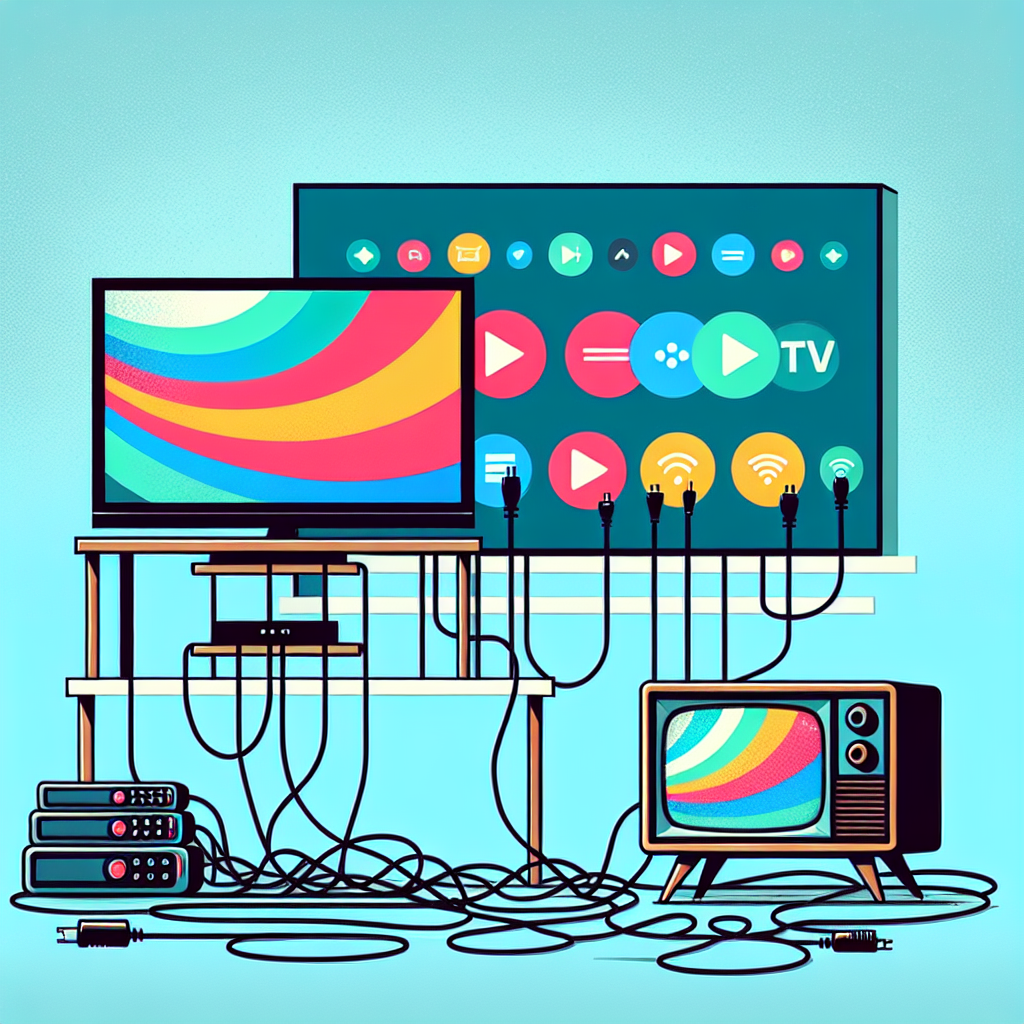Your cart is currently empty!
Cutting the Cord: Why IPTV is a Popular Alternative to Cable

In recent years, many consumers have been looking for alternatives to traditional cable television. One popular option that has emerged is Internet Protocol Television (IPTV). IPTV allows viewers to watch television programming via the internet rather than through traditional cable or satellite services. This technology has quickly gained popularity as a more cost-effective and convenient alternative to cable.
One of the main reasons why IPTV has become so popular is its affordability. Many cable and satellite TV providers charge high prices for their services, often with additional fees for premium channels and equipment rental. In contrast, IPTV services typically offer lower monthly subscription rates and do not require any special equipment beyond a stable internet connection and a compatible device, such as a smart TV, computer, or streaming device.
Another reason why IPTV has gained popularity is its flexibility and convenience. With IPTV, viewers can access their favorite shows and channels on multiple devices, allowing for greater flexibility in when and where they can watch TV. Additionally, many IPTV services offer on-demand and catch-up options, allowing viewers to watch programs at their convenience rather than being tied to a set schedule.
Furthermore, IPTV offers a wider range of channels and programming options than traditional cable services. Many IPTV providers offer international channels, sports packages, and premium content at no extra cost, making it an attractive option for viewers who are looking for a more diverse selection of programming.
Overall, cutting the cord and switching to IPTV can offer significant cost savings, greater flexibility in viewing options, and access to a wider range of channels and programming. As more consumers look for ways to save money and have more control over their viewing experience, IPTV is likely to continue growing in popularity as a popular alternative to traditional cable television.

Leave a Reply